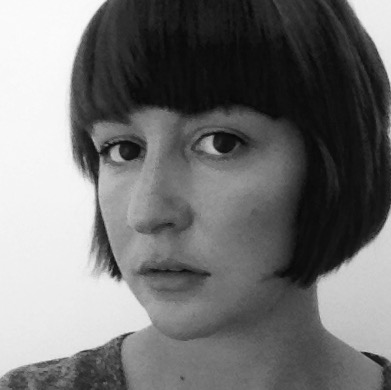- Home |
- Search Results |
- The editor: What I’m looking for in a debut

Around ten times a week I get an email in my inbox from an agent enclosing a new world for me to explore. When I open a new manuscript – or ‘submission’ as we call them – I am always a mix of excited and nervous. Much like going on a first date, I want to be wowed. Seduced. But the stakes are high, and if my potential beau doesn’t live up to my expectations then it’s a polite but definite no. After all, a book is for a lifetime.
These are some of the criteria I and many editors think about as we first dip our toes into a new manuscript:
- A hook: this is a great bit of publishing jargon, which simply means the part of the plot or the subject matter that captures the imagination, i.e. it ‘hooks’ you in. For example, the hook of The Girl on the Train was that idea of looking through your train window and seeing something you shouldn’t have. It’s easily describable in one line, is intriguing, and paints a very vivid picture. When editors pitch a book to their colleagues in order to get their agreement to publish it, we have to be able to do just this; and thinking even further ahead, we’re trying to decide whether this hook would make a reader in a bookshop pick it up. The hook is something an agent can help an author to identify.
- A distinctive voice: we often talk about ‘voice’ in publishing, and by that we mean the way in which an author’s own style of writing evokes a particular character or feeling. This is at the heart of the personality of the book, and it’s what takes it from being a load of words strung together to something that's enjoyable to read. For some of the best writers, it’s the reason people read them time and time again, and it’s not something that can be learnt, though it can be honed.
- Originality: we’re always looking out for the next big thing. That doesn’t mean that everything original will get published, but originality will certainly set a book apart from its competitors. In non-fiction we might be looking for the next big trend, as hygge was this Christmas just gone, or in fiction we might look out for a book like Room, which had this completely unique way of writing about a difficult subject.
- A good fit: this is something that as an author you can’t really influence, but which is helpful to know about. Every editor has their own ‘list’ that they’re continually curating – for me it’s a small list of page-turning contemporary fiction – and they have an idea of what else they might need to add to that list, and conversely, what they don’t need more of. If a new submission comes in that seems to fill a gap then it immediately goes to the top of the pile!
- And finally…a killer first page: the first page – in fact that very first line – whether it’s a proposal for non-fiction or the first line of a novel, needs to encapsulate everything you are as an author. It needs to grab the attention straight away, whether it be through humour or shock and downright beauty. We don’t want tons of backstory, we want to be thrust into the middle of it. So make it a good one!